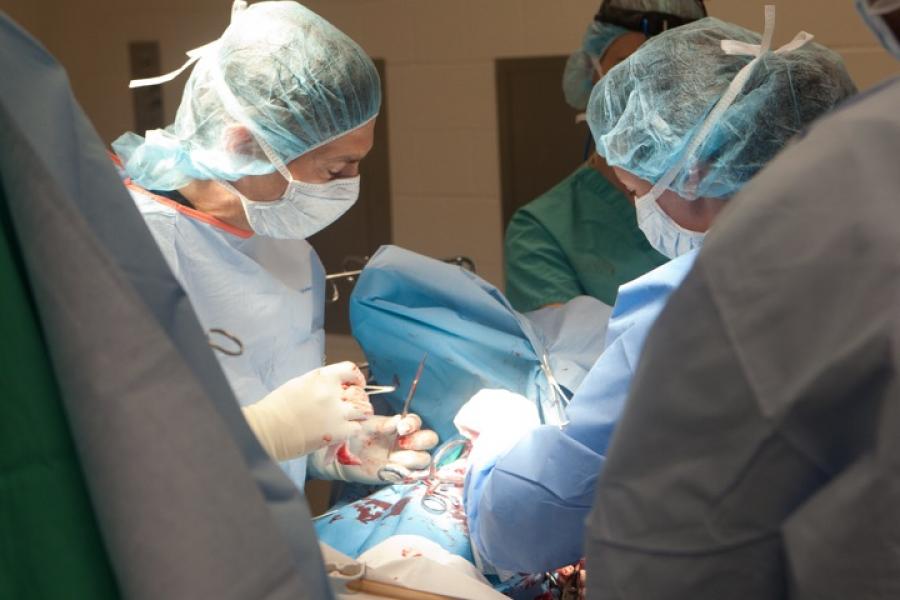
Just like humans, our canine companions also need regular dental care to ensure their overall health and well-being. Dental issues in dogs can lead to pain, discomfort, and even more serious health problems if left untreated. Here are 5 signs that indicate your dog may need to visit a dental clinic as soon as possible. Urbanvet, a renowned veterinary clinic known for its expertise in pet care, offers comprehensive dental services to address the oral health needs of dogs and ensure they lead happy, healthy lives.
1. Bad Breath
One of the most common signs of dental problems in dogs is bad breath. While it's normal for dogs to have some degree of doggy breath, persistent foul odor can indicate underlying dental issues such as periodontal disease, plaque buildup, or infected teeth. If your dog's breath is noticeably unpleasant despite regular brushing or dental treats, it's time to schedule a dental check-up.
Signs of bad breath to watch out for:
- Strong, foul odor from your dog's mouth
- Bad breath that lingers even after your dog drinks water
- Difficulty getting close to your dog due to the smell
2. Changes in Eating Habits
If your dog suddenly starts showing reluctance or discomfort while eating, it may be a sign of dental issues. Dogs with dental problems often experience pain while chewing or may avoid certain types of food altogether. Keep an eye out for changes in your dog's eating habits, as they can provide valuable clues about the state of their oral health.
Indications that your dog is experiencing dental pain while eating:
- Chewing on one side of the mouth
- Dropping food while eating
- Pawing at the mouth or rubbing their face on the ground
3. Excessive Drooling
While some drooling is normal for dogs, excessive drooling can be a sign of dental issues that require professional attention. Dental problems such as gum disease, infections, or oral injuries can cause your dog to drool more than usual. If you notice a sudden increase in drooling or if your dog's drool appears thick or discolored, it's best to have their teeth and gums examined by a veterinarian.
When to be concerned about your dog's drooling:
- Constant drooling that leaves wet patches wherever your dog lies
- Drool that has an unusual color or odor
- Your dog pawing at their mouth due to discomfort
4. Bleeding Gums
Healthy gums in dogs should be pale pink and firm to the touch. If you notice any signs of bleeding, inflammation, or discoloration in your dog's gums, it could be a sign of gum disease or other dental issues. Bleeding gums can indicate the presence of tartar, plaque, or infections that require professional cleaning and treatment to prevent further complications.
Red flags that your dog's gums need attention:
- Bleeding when your dog chews on hard toys or treats
- Swollen or receding gums
- Inflammation around the gum line
5. Tooth Discoloration or Loss
Inspecting your dog's teeth regularly can help you identify early signs of dental problems. Discolored teeth, broken teeth, or loose teeth are all indicators that your dog's oral health needs immediate attention. Tooth discoloration can be a sign of decay or infection, while missing or loose teeth can cause pain and difficulty eating for your canine companion.
Key signs to look for in your dog's teeth:
- Yellow or brown discoloration on the teeth
- Cracks or chips in the teeth
- Loose teeth or teeth that are missing altogether
If you notice any of these signs in your dog, it's essential to schedule a visit to a dental clinic for a thorough examination and treatment. Ignoring dental issues can lead to pain, infection, and even tooth loss in your furry friend. By addressing dental problems early, you can help ensure a healthy and happy life for your beloved pet.